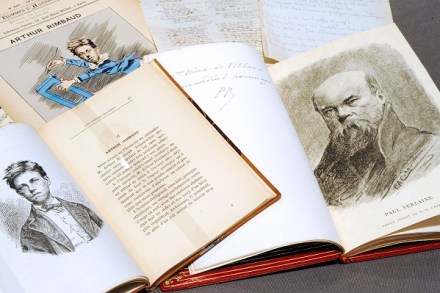Nostalgic nationalist piety
Parish churches are the sentinels of England’s past. They soar over every town and village, pinning it to the nation’s soil. The nave may be empty, the graveyard unkempt and the roll-call of the faithful soon to cede primacy to the mosque. But the Church of England guards our rituals and speaks for our communities. The English still want their local spokesmen to be vicars not mayors. Roger Scruton should have been a bishop. He would have gone to the top, and spared Anglicans their present agony over whom to send to Canterbury. Archbishop Scruton would have gathered up the church’s shattered canticles, creeds and conflicts and marched them to












